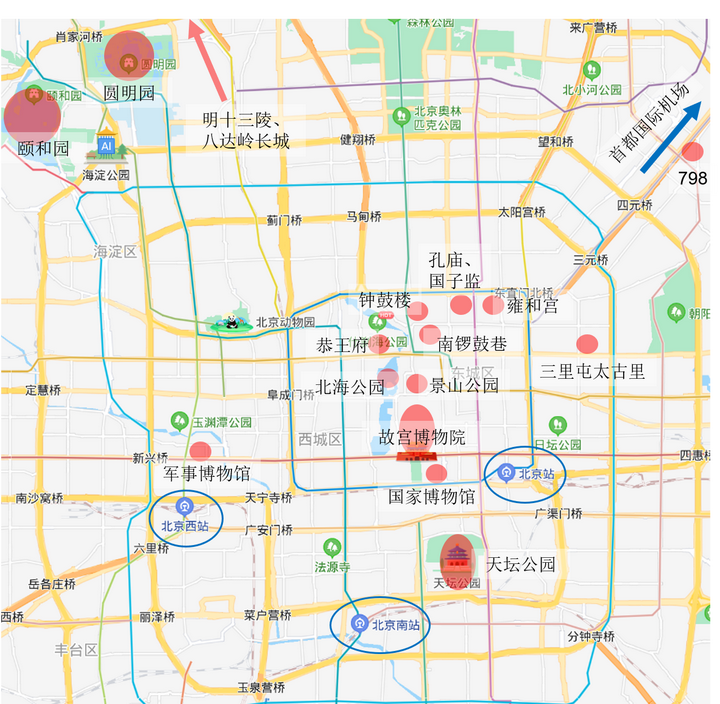Baidu Debuts Conversational AI Tool Miaoda
2025-03-26 17:20:38 实时讯息

Photo taken by editor
TMTPOST – Chinese tech giant Baidu unveiled its first no-code development platform, Miaoda, at its annual AI Day event on Monday.
It marks a strategic step to expand its artificial intelligence ecosystem by enabling non-technical users to create applications through conversational commands.
The platform leverages natural language processing to allow users to describe desired functions in plain text, automatically generating complete code for H5 pages, websites, mini-games, and lightweight apps without manual programming.
Integrated with Baidu's ERNIE large language model and Intelligent Cloud services, Miaoda supports iterative editing—users can refine outputs through follow-up prompts and instantly preview modifications.
Miaoda eliminates the multi-stage workflow of conventional app creation, which typically requires coordination among product managers, designers, coders, and testers.
Baidu did not disclose pricing or a public release timeline but confirmed Miaoda is already serving paid beta testers.
In a live demo observed by AsianFin, attendees generated functional prototypes within minutes using text instructions alone. The platform taps Baidu's AI stack—including image processing, speech recognition, and cloud resource management—to streamline development for small businesses and individual entrepreneurs.
While low-code tools like Microsoft's Power Apps and OutSystems have long targeted professional developers, Miaoda distinguishes itself by catering explicitly to non-technical users.
This contrasts with OpenAI's GPT Builder, released in November 2023, which focuses on custom chatbot creation for paying subscribers and enterprises. Baidu VP Yuan Foyu positioned Miaoda as a gateway for building AI agents, citing early paid adopters in education, finance, and recruitment sectors.
Still, Miaoda faces hurdles. Early testing reveals limitations in handling complex professional-grade applications, with generated outputs sometimes diverging from user expectations due to ambiguous natural language inputs. Developers have raised concerns about output stability and quality control, while enterprise users remain cautious about data security—Baidu has yet to detail server-side privacy safeguards or audit protocols for the platform.
The launch intensifies competition in China's booming AI tools market, where Baidu aims to cultivate an ecosystem of niche vertical solutions. Analysts note that success hinges on balancing accessibility with robustness, as broader adoption could strain the platform's ability to maintain consistent performance across diverse use cases.
The company plans to expand integrations with its cloud services while addressing feedback on scalability and security—key factors for winning over cautious corporate clients in a market increasingly wary of AI's operational risks.













